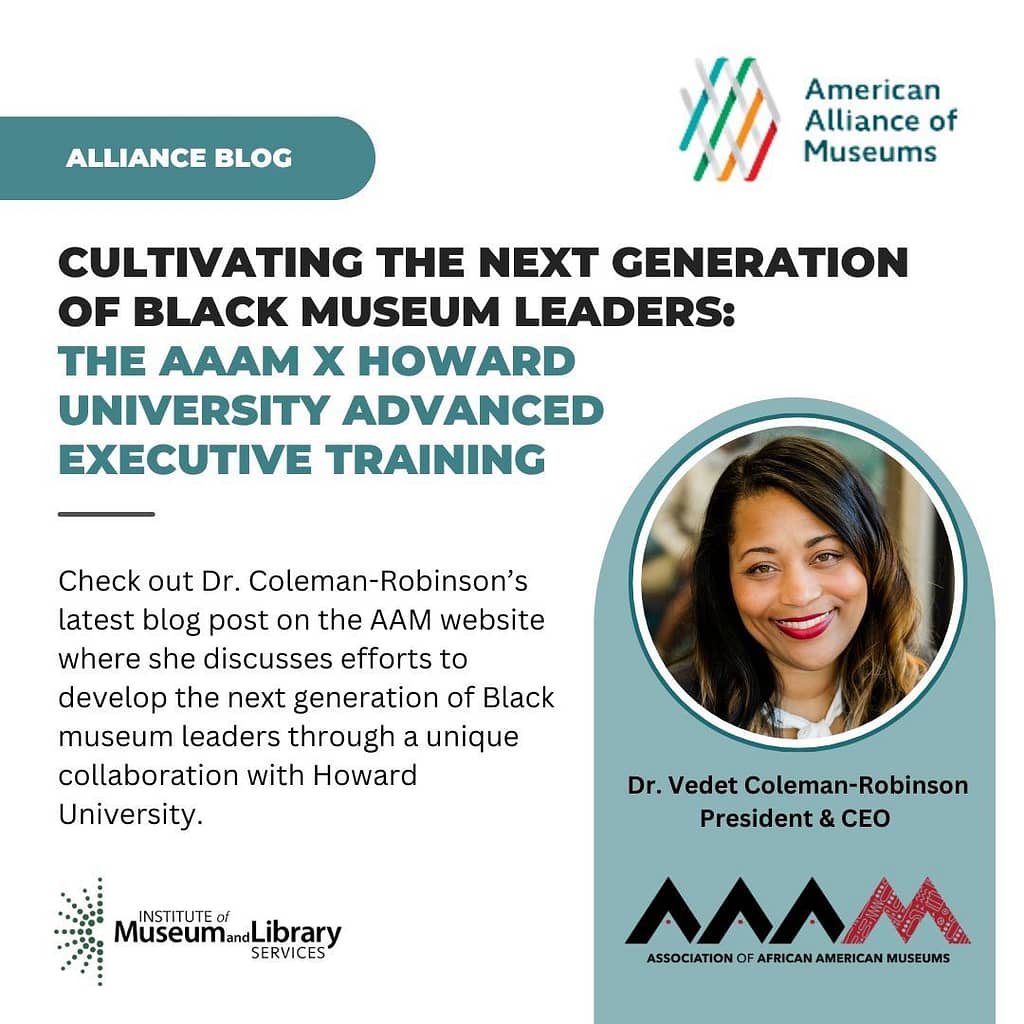
According to a 2019 study conducted by market research firm MMGY Global, Black Americans spent $109.4bn on domestic travel in 2019 – plus nearly $20 billion more on travel abroad. That’s over 13% of the overall US leisure travel market, roughly the same percentage of Black people in the US.
Black history has shaped the idea of America from time memorable. Since the first European “landing” in La Florida, the culture, language and identity of indigenous people has undergone an immense ethnogenesis. Black Heritage Tourism is an essential effort to develop unified awareness amongst curators, educators, and policy makers to preserve Florida’s cultural community. At Blacksonville, it is our hope that this new campaign will grow public understanding about the comprehensive benefits of engaging Afro-indigenous art and culture more steeply in parks and public spaces.
In 2016, the National Park Service began giving grants to African-American historical sites for personnel, programming and research, though not for construction. This year, the park service awarded $12.6 million in grants to 51 projects in 24 states, up from $7.8 million in grants to 39 projects in 2017.
In the Lowcountry, arts and culture make substantial contributions to livability. The cultural industry puts Floridians to work, stimulates tourism, and provides accessibility to quality community services that attract skilled workers. It’s an industry that provides jobs, highlights the diversity of our communities and residents, creates connections to our history and heritage and reminds us that Florida is a special place to live and work.
At a time when attendance at some large museums is flagging — 12 of the 20 biggest U.S. museums saw flat or lower attendance in 2017 compared with 2016 — the swirl of activity involving black history stands out.
The arts and cultural industry mean business. The cultural tourism industry has an annual impact of $3 billion in the state of Florida, and arts and cultural experiences contribute to a better life for Floridians and visitors to the Sunshine State.
A new national market survey report from Mandala Research suggests that interest in African American history and culture has become a strong motivator for travel. The research, which was conducted on behalf of the Gullah Geechee Cultural Heritage Corridor, a National Heritage Area located in the southeastern United States.
The Black Traveler report shares that Black U.S. leisure travelers spent $109.4 billion on travel in 2019 – the most recent year reflecting normal travel spend prior to COVID-19. This spend was generated by 458.2 million Black U.S. traveler stays1, which represents 13.1% of the U.S. leisure travel market. The report also found that in 2019 Black leisure travelers took an average of three overnight vacations and spent an average of 13.1 nights in paid accommodations. U.S. Black travel parties spent an average of $600 on each overnight leisure stay, with an average stay of 2.5 nights for each trip.
Four states comprise the heritage corridor—Florida, Georgia, North Carolina and South Carolina—the report ultimately valued the potential leisure-travel spend among these four states at $34 billion. South Carolina Congressman James E. Clyburn explained, “I introduced the legislation creating this National Heritage Area to help preserve this important culture and create heritage sites that could become touchstones for attracting tourists.” Of the 1,000 U.S. leisure travelers surveyed in June 2020 as part of a broader investigation into the national market potential for Gullah Geechee heritage tourism, here’s what we discovered:
- VISITING BLACK MUSEUMS and HISTORICAL SITES – 24 percent, “expressed a strong interest in visiting sites in the South that are of historic importance to African Americans,” according to the press release.
- ENDORSEMENT OF BLACK DESTINATIONS – Thirty-six percent of respondents said that they consider Black heritage sites either “very important” or “somewhat important” when choosing their destination, with Millennials (49 percent) and African Americans (50 percent) being more likely to weigh its importance heavily.
- KNOWLEDGE OF BLACK CULTURE – Looking specifically at the Gullah Geechee regions, the study revealed strong name recognition of the Gullah Geechee people and their culture among nationwide travelers, and found that 37% of travelers living in nearby states (the “drive market”) were already familiar with the culture.
- DIVERSITY OF BLACK TRAVELERS – Fifty-one percent of African-American tourism enthusiasts were aware of the region-specific culture, and recognitions were highest among African Americans, Millennials and affluent minority travelers.
A recent McKinsey report also uncovered travelers’ most-desired cultural experiences, with 65 percent of respondents saying that “experiencing local black foods and cuisine” is the aspect that they were most looking forward to.




